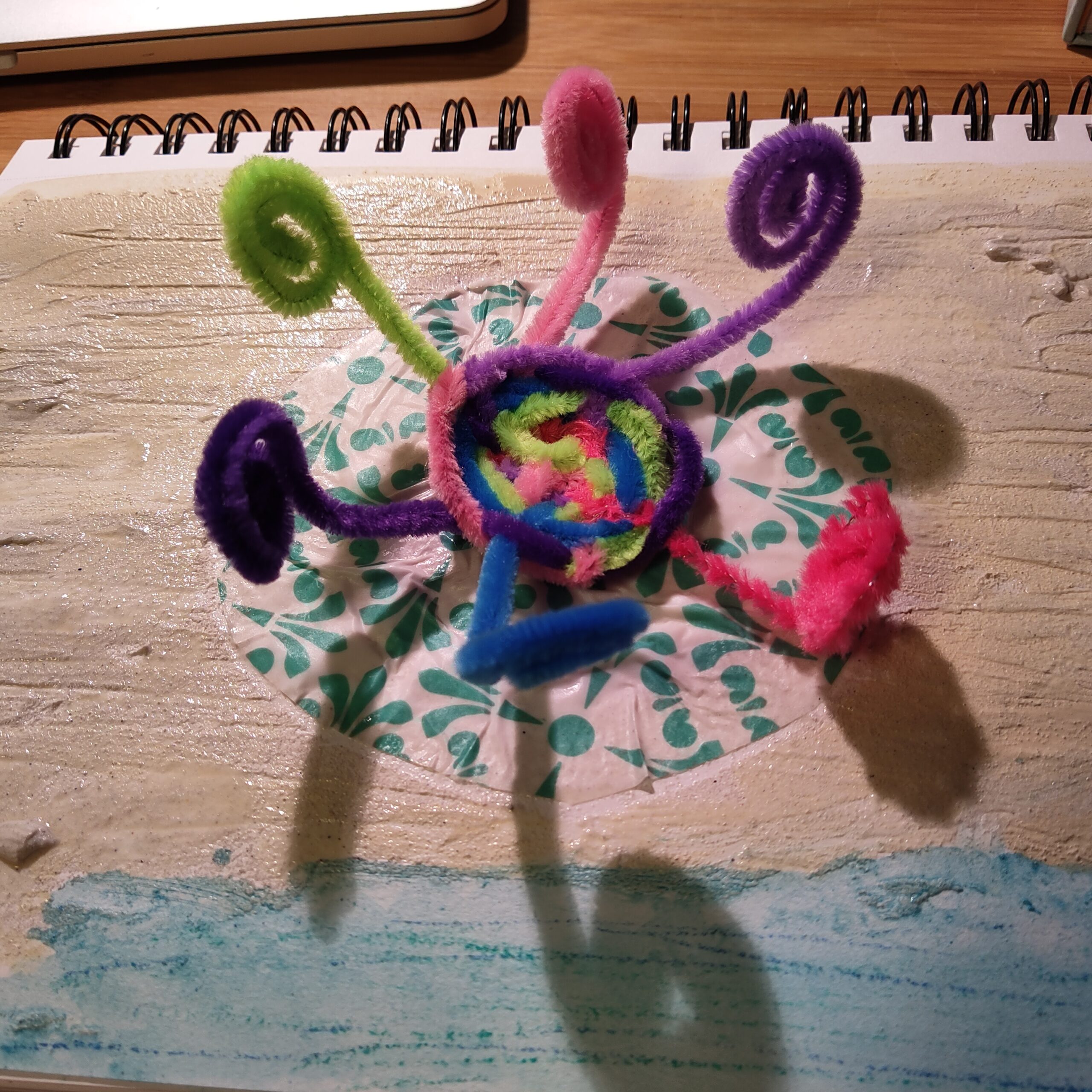Play is their language: Why Expressive Arts Therapy Works for Children

By Rhonda Breitbach, Registered Psychotherapist (Qualifying), Expressive Arts Therapist, BA, Bed, MA, Dip. CREATE
Children make sense of their world through play, movement, and hands-on exploration long before they can express complex feelings in words. That’s why expressive arts psychotherapy can be such a natural fit for them. Instead of relying solely on talk (which can feel overwhelming or inaccessible for many kids), I offer creative tools like drawing, painting, storytelling, building, and sensory play. These familiar activities give children safe ways to express themselves and explore what’s happening inside.
In the therapy room, art-making and play are more than creative activities. They’re the heart of the work. Through these different modalities, children practice skills that support them far beyond our sessions: recognizing big feelings, learning to self-regulate, building resilience, and gaining confidence in their ability to navigate challenges. The space becomes a gentle practice ground where they try things out, problem-solve, express worries, and make sense of their experiences with support.

My approach is warm, playful, and deeply child-centred. I meet each child exactly where they are, whether they arrive full of energy or need time to settle. I follow their pace and their interests, offering steady guidance without pressure. Some children paint or build; others move, tell stories, or explore quietly. All of these ways of engaging are welcome. I bring a supportive, non-judgemental, trauma-informed presence to every session, helping each child feel understood, safe, and connected.
For parents, I hope this work brings both support and reassurance. Children don’t need to have the “right words” to benefit from therapy. When they’re given space to explore and express themselves creatively, they build emotional skills in ways that feel natural and empowering. Expressive arts psychotherapy offers them a place to be themselves—curious, imaginative, messy, thoughtful—and from that foundation, real change becomes possible.
